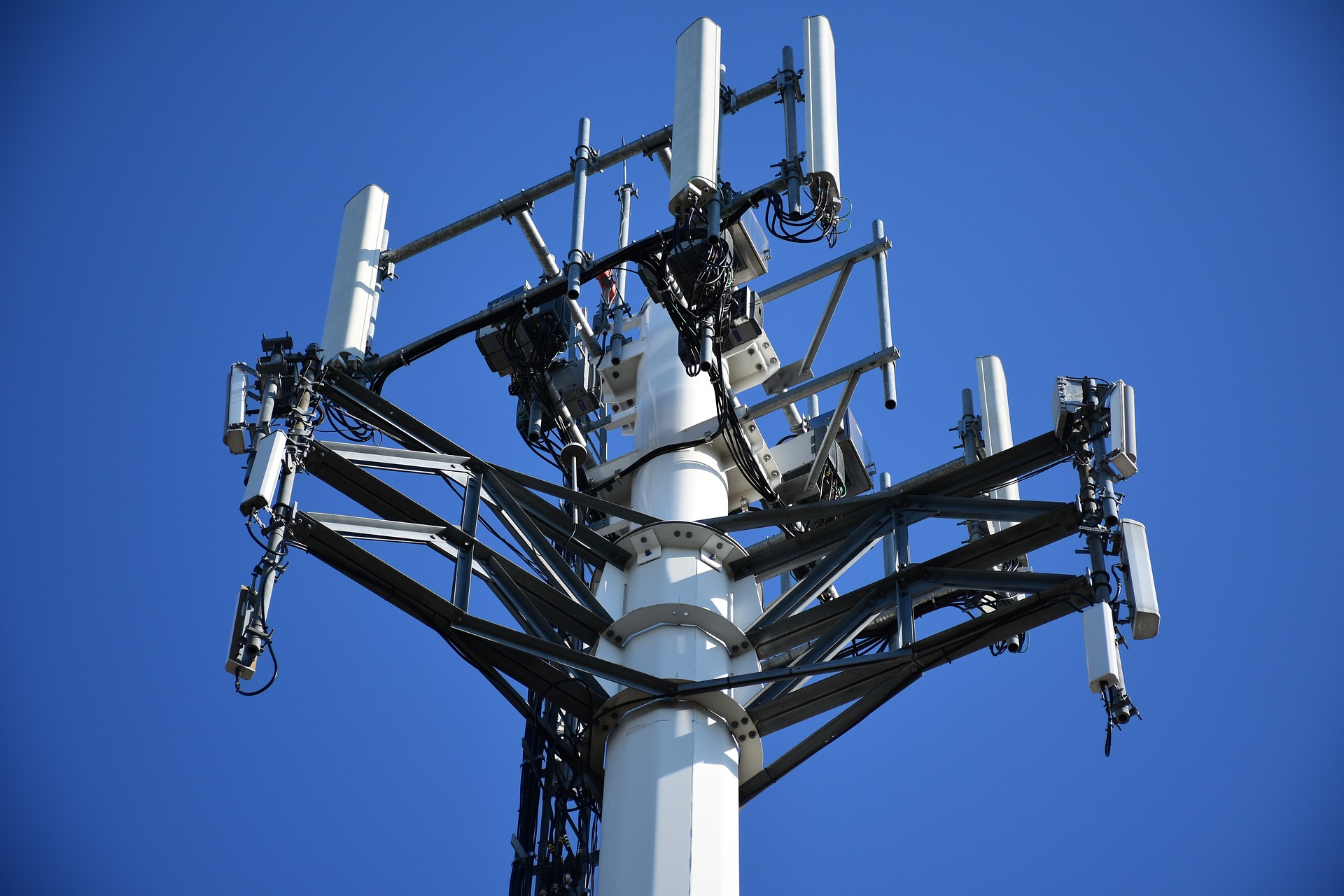Rogers will receive a $774,000 grant to improve cellular coverage along Highway 95 in the upper Columbia Valley, between Spillimacheen and Golden.
The B.C. Government said the funding will come from the Connecting British Columbia program. Work will include improved coverage at the Braisher Creek rest area and in the communities of Nicholson, Parson and Harrogate.
“Our world is becoming more and more connected, and we want to be sure that people using our rural transportation networks can fully capitalize on that connectivity. Investments like these, combined with the improved safety and access to services that cellular and Wi-Fi provides, will help our regional economies recover and thrive in the post-pandemic world,” said Roly Russell, Parliamentary Secretary for Rural Development. “Working together, we can ensure the incredible benefits of technology can be enjoyed by everyone in B.C.”
Rogers will receive another $5.47 million in provincial funding to fill the caps in cell service along Highway 97 in the North of B.C., between Chetwynd and the Highway 39 junction. The total cost of the project is estimated at $6.4-million.
“While miles apart, these two highways have many things in common. They can have difficult winter driving conditions, they’re prone to sudden road closures and they have large gaps without cellular service,” said Lisa Beare, Minister of Citizens’ Services. “We can’t change the weather, but we can make strategic investments to help expand highway cellular service in B.C. With these latest projects, we are on track to more than triple our target to increase highway cellular coverage, making our highways safer than ever before.”
The Connecting British Columbia program is delivered by Northern Development Initiative Trust and helps service providers cover the cost of making it more reliable in rural and Indigenous communities.
“Investing in infrastructure that improves lives for people in rural communities is imperative as B.C. begins its recovery from the COVID-19 pandemic,” said Joel McKay, CEO, Northern Development Initiative Trust. “Assets like cell towers make our highways safer and more productive while making it easier for people to access services, from health care to emergency response. Northern Development is pleased to support this work that assists rural and Indigenous communities now and into the future.”
Both projects are expected to be complete by October of this year.




